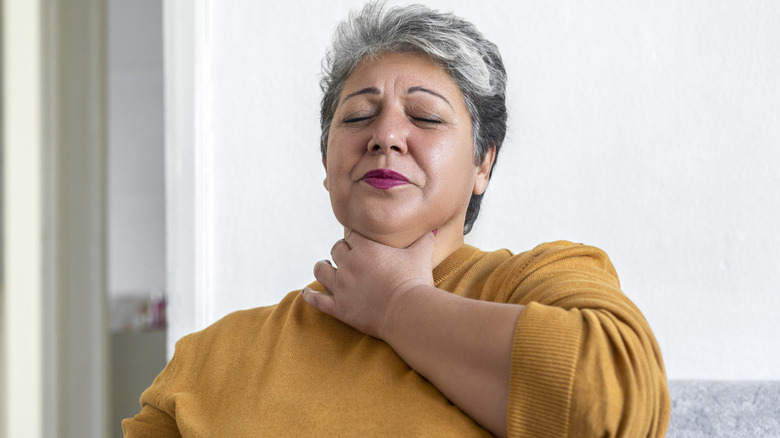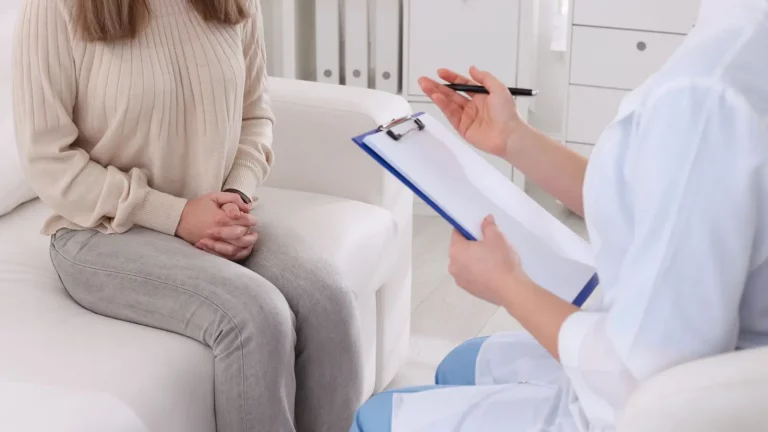
Does this sound familiar? You’ve just sent a text ending in “lol,” but are you truly laughing out loud? Many of us let out a slight chuckle here or there throughout the day, but the joy of a deep, clutching-at-your-lungs type of laugh only happens once in a blue moon. If you find yourself in the midst of laughter, only to be suddenly struck with an uncontrollable coughing fit, it indicates you may have aggravated your airways in the process, according to experts at Respiratory Therapy Zone.
Several things happen simultaneously as we laugh. Our diaphragm and abdominal muscles tighten, and air is forcefully expelled from our airways. This can cause irritation, prompting the surrounding nerves in our airways to signal our brain that there is a perceived irritant present. Consequently, the body responds by coughing. A laughing-related cough isn’t unusual or hazardous to experience occasionally. However, if these coughing fits occur regularly, it may suggest an underlying health issue.
Regular coughing fits after laughing might mean that you have asthma or GERD

If you frequently experience coughing fits after laughing, it could be a sign of asthma. In a 2012 study published in the European Respiratory Journal, researchers examined 43 patients diagnosed with asthma and 31 patients with another respiratory condition. Most participants were older adults. Among those diagnosed with asthma, all but one patient experienced coughing related to laughter. In contrast, only one patient in the non-asthma group experienced laughter-related coughing. The researchers found a strong correlation between asthma and coughing with laughter. Experts at Respiratory Therapy Zone state this often occurs in asthma patients because their airways narrow while laughing, triggering a coughing response.
Alternatively, a coughing fit after a hearty laugh may indicate gastroesophageal reflux disease (GERD). Laughing can cause stomach acids to move backward into the esophagus, leading to symptoms such as heartburn, regurgitation, chest pain, difficulty swallowing, and more. This discomfort can subsequently lead to coughing.
How to reduce the chances of coughing after laughing

Nobody wants a delightful bout of laughter interrupted by a nasty cough. Therefore, seek treatment for asthma or GERD if these conditions are the cause of your laughter-related cough. Otherwise, adopt healthy habits to minimize airway irritation and keep your body strong, such as drinking plenty of fluids, refraining from smoking, and engaging in regular exercise.
According to the National Health Service (NHS), you can also try using the stop-cough technique if your cough has been triggered by laughter. This involves covering your mouth with your hand as soon as you sense an impending cough. Proceed to swallow once, hold your breath briefly, and begin taking slow breaths for about 30 seconds. Focus your mental energy on not coughing. Inhale normally through your nose and remove your hand from your mouth. Repeat this technique as needed.
Remember, though, that coughing isn’t necessarily a bad thing. The American Lung Association points out that laughing can offer us various mental and physical health benefits, so don’t always be so quick to stifle that cough!




